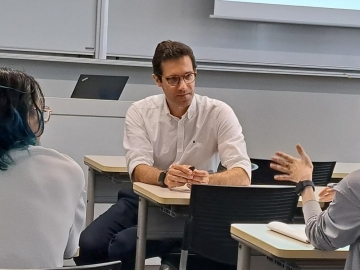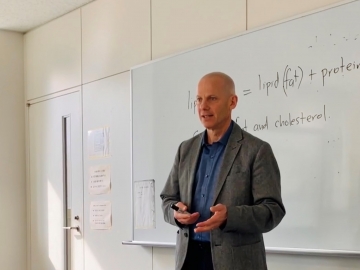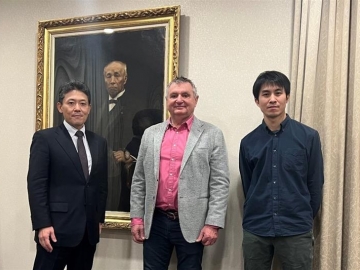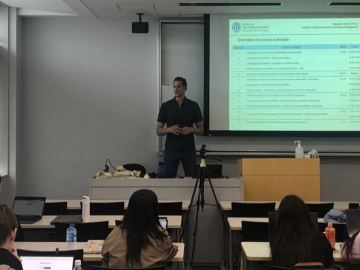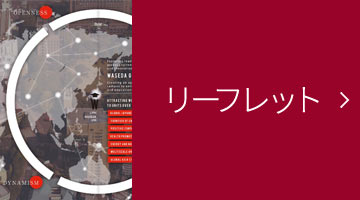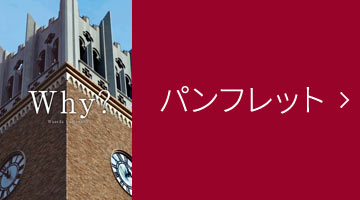早稲田大学健康スポーツ科学拠点では、1月6日から2月6日まで、ハンガリーのハンガリー体育大学のジョルツ・ラダック先生(Professor Zsolt, RADAK)を招聘し、集中講義(14回セッション)を実施しました。
ラダック先生は運動生理学、生物加齢学、トレーニング理論、運動生化学等といった研究分野を世界各地の大学にて客員教員として教鞭を振るってこられた方です。
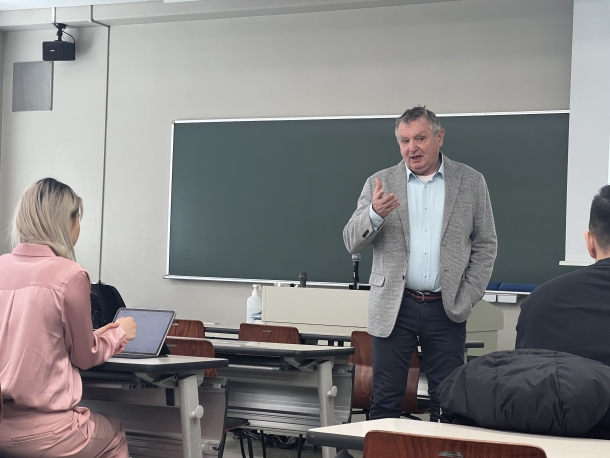
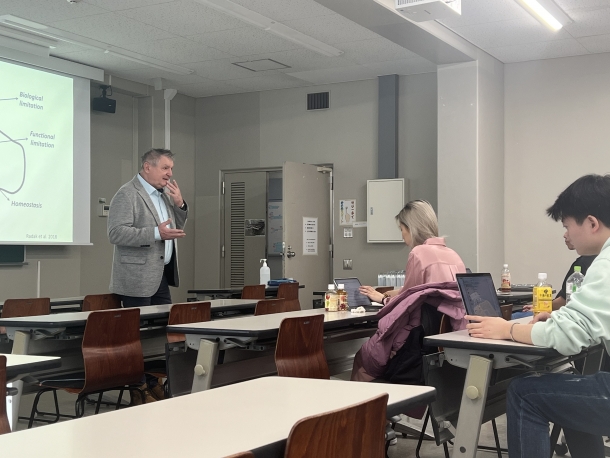
ラダック先生はこれまでに2019年度、2022年度にも訪日され対面にて集中講義を開催してきました。
また、2020年度、2021年度には新型コロナウイルスの影響を受け、来日ができませんでしたが、それぞれ15セッションの講義ををオンラインのリアルタイム配信で行い、講義に加えて研究交流を実施し、両校の学生たちに学習や交流の機会を提供してくれました。
今回は5度目の集中講義をご担当いただき、下記の講義(表1参照)を行っていただきました。
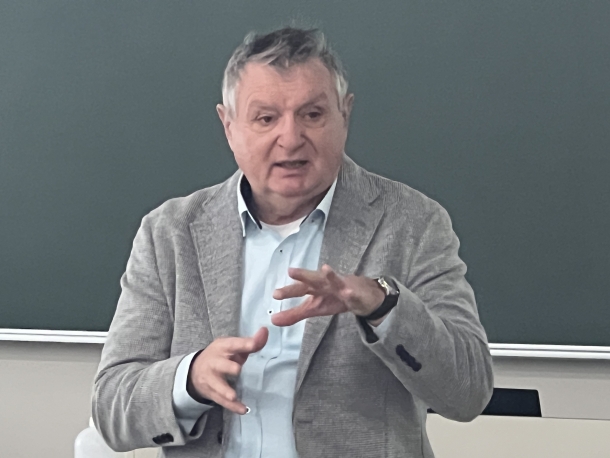
ラダック先生は参加型の講義を心掛け、どの学生へも明るく接し積極的に話しかけました。また、講義前後には学生たちにオフキャンパスの生活についてのスモールトークをするなど、学生の距離を縮める環境を作り出してくれました。個別指導でも丁寧に学生からの質問に対応していただきました。受講した学生の充実した表情から、今回も収穫の多い集中講義となったことがわかりました。
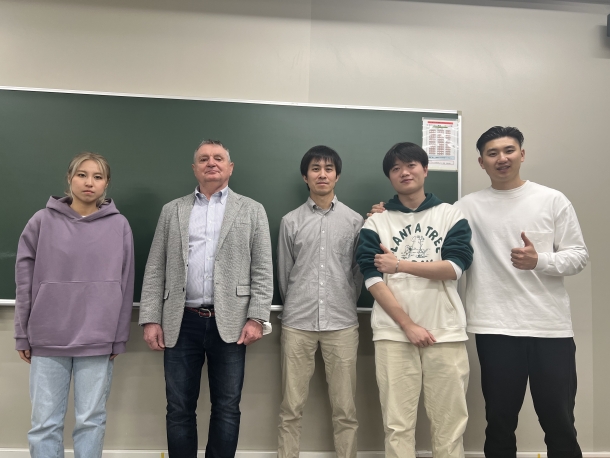
全講義終了後の集合写真
【表1】
| 開催日 | 講義テーマ |
| 2024/1/11 | Vol.1 General view of exercise-induced adaptation
-Exercise and homeostasis, acute and chronic adaptation Vol.2 Fatigue – Detailed mechanism of central and peripheral fatigue |
| 2024/1/12 | Vol.3 Recovery
– The relationship between fatigue and recovery and the type of recovery Vol.4 Cellular background of strength training – Fiber type, size principle, mechanism of muscle contraction |
| 2024/1/18 | Vol.5 Hormones and strength training
– Gender, age and intensity dependent hormonal response Vol.6 Methods of strength training – How to create muscle hypertrophy, explosive strength and strength endurance? |
| 2024/1/19 | Vol.7 VO2max and its limiting factors
– Adaptation of heart and skeletal muscle to endurance training and trainability Vol.8 The enigma of speed training – How and when should we develop speed? |
| 2024/1/25 | Vo.9 Regular exercise and prevention I
– The preventive role of exercise on cardiovascular diseases Vol.10 Regular exercise and prevention II – Exercise and cancer, what is the interaction? |
| 2024/1/26 | Vo.11 Regular exercise and prevention III
– Exercise and neurodegenrative diseases Vol.12 Regular exercise and prevention IV – Exercise and metabolic diseases |
| 2024/2/1 | Vol.13 Exercise and deceleration of aging
Vol.14 Summary – Supplementation, questions and answers |
以下、本集中講義に参加した学生による英文のレポートをご紹介します。
The Physiology and Biochemistry of Physical Training course provided students with an extensive exploration of the physiological and biochemical mechanisms underlying the effects of exercise on the human body. Over the whole course, students were exposed to a deep exploration of metabolic pathways for energy production, muscle adaptations to training stimuli, cardiorespiratory responses, endocrine regulation, and nutritional considerations, among other key topics. Led by Professor Radak, the class dynamic was enriched by his approachable teaching method and humorous lecturing style, creating an environment that was both intellectually stimulating and narrowed the distance between Professor and students. The breadth and depth of the course content presented challenges that encouraged students to think critically and fostered a deep understanding of the complexities in the physiological and biochemical responses to exercise.
Throughout the course, a diverse range of teaching methods was also applied to facilitate learning and engagement among students. From traditional lectures to interactive discussions and article sharing sessions, each method served to reinforce key concepts and encourage active participation. Prof. Radak’s ability to integrate theoretical knowledge with easy-understanding graphs provided students with valuable learning experience, enabling them to apply concepts in real-world scenarios and deepen their understanding of the material. Moreover, due to a relatively small class size, the immediate question and feedback between the Professor and the students within the classroom was absolutely helpful for us to seek clarification on complex topics, further enhancing the learning experience and encouraging the exchange of ideas and perspectives critically.
As the course progressed, students gained a comprehensive understanding of how to optimize athletic performance and health outcomes through the application of physiological and biochemical principles. From designing training programs scientifically to implementing effective nutritional strategies, students were able to excel in their future careers or further studies in exercise physiology, sports science, and related fields. At the end, it was truly a great experience to be in Prof. Radak’s class.
(Jinghong Liu, master’s student)
